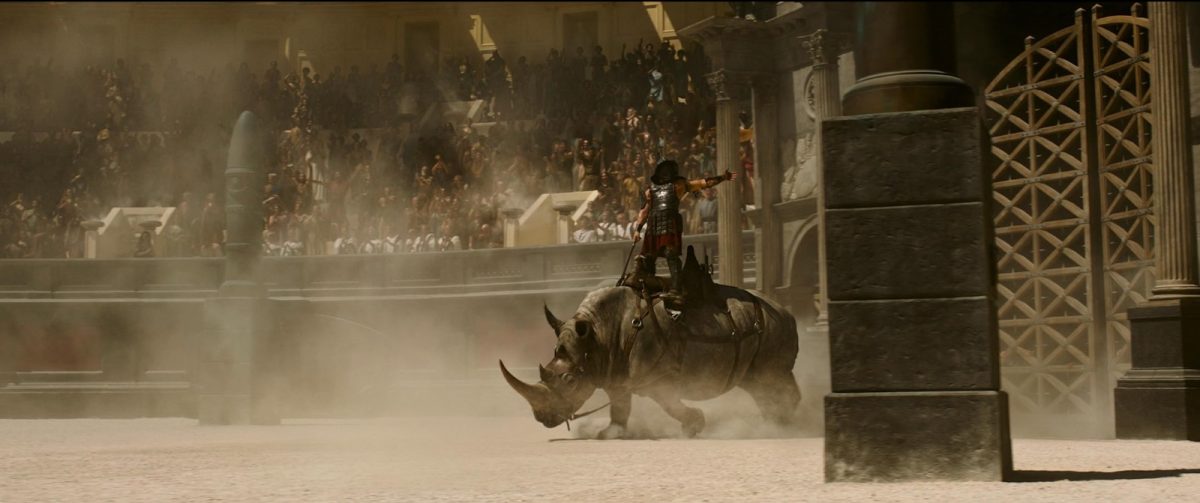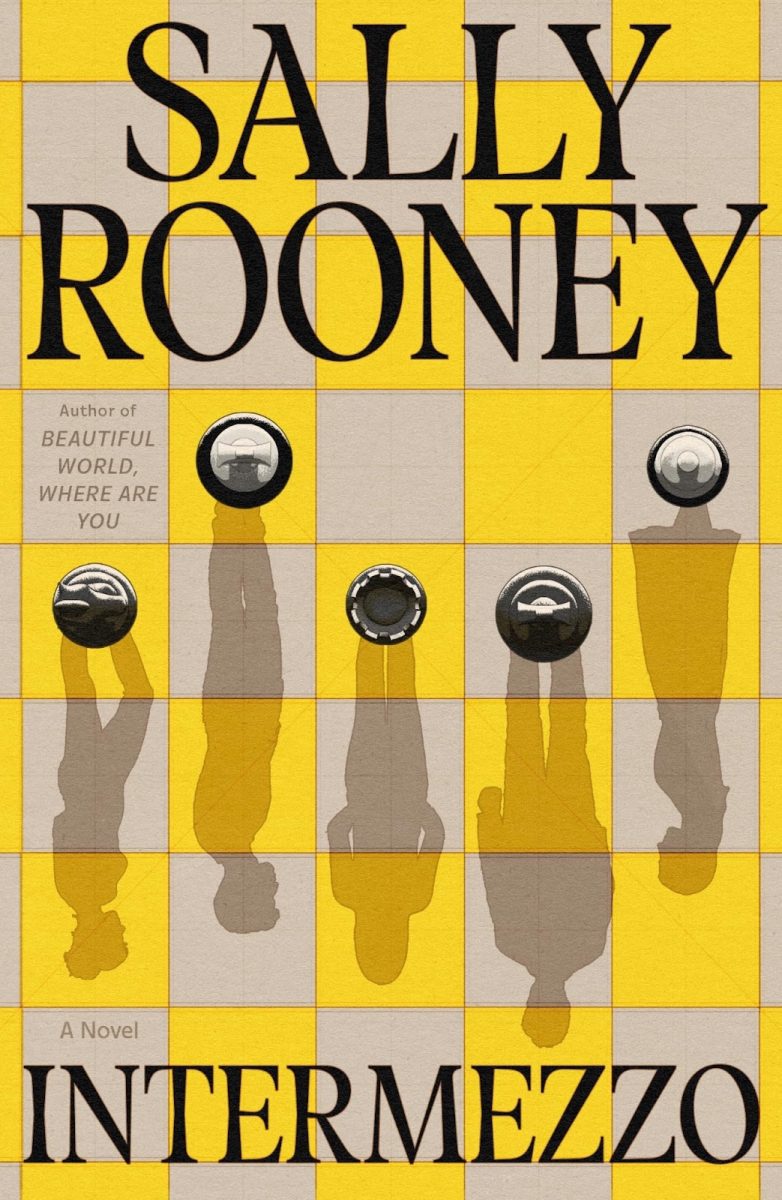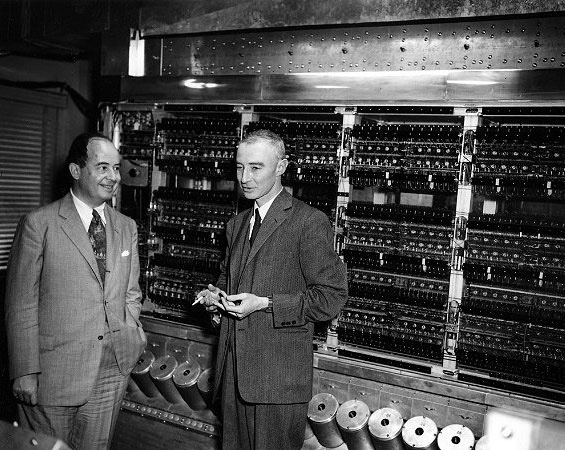About 15 minutes into A Simple Favor, my friend beside me leaned over and whispered “Hm. Interesting tone.” It was a query masquerading as a comment, basically meaning, “What is the tone?” As the film progressed through its 117-minute run time, we never got an answer; instead, we shied from A Simple Favor as it continually stunted its many tones and proceeded to draw incompletely on multiple genres, as if cobbled out of a tattered textbook. It felt like shifting terrain, embarrassing and awkward, as if the film itself was not sane, but a bit mad.
I was never sure what to think about A Simple Favor, but my confusion did not stem from admiration, nor did it seem to portend an immature viewing. A Simple Favor never seemed like a film with intellectual heft, one that at first blush is difficult to digest but pleasurable to ponder. The film, in fact, is so easily digestible, and treats its subject with such nonchalance, it is as if we have gulped too much, while gulping nothing at all. We receive an “illusion of fullness” as Richard Brody said in The New Yorker.
The plot centers on two friends, Stephanie (Anna Kendrick), a perky, stay-at-home mommy vlogger, and Emily (Blake Lively), a high-powered, no-nonsense PR director for a fashion company. The two meet at their boys’ school and are sort of shoved into each other’s company when their boys demand a play date. Soon, they become awkward if intimate friends, sharing strong martinis and secrets. Kendrick’s Stephanie is reserved and concerned, a sort of hyper-attentive, helicopter parent whose child could be plausibly intolerable in the future; Emily is a workaholic whose neglect is apparent and whose unfettered language and drinking gives her the careerist’s affliction of progenitor’s disinterest. Lively injects Emily with an evenly dispensed dose of aplomb and aggression, but the problem with her character is that she is supposed to be funny, and she mostly is not. Kendrick brings a meth-inspired assiduity to Stephanie, and stands so straight that her morals seem unflinching (until they aren’t).
Other players in the film include Emily’s husband, Sean (Henry Golding), a flailing novelist who hasn’t written a thing since his bestseller a decade ago, and Emily’s boss at the fashion line, Dennis (Rupert Friend), a dandyish mix between an insecure, Wildean man and Ed Hardy. Both Sean and Dennis are played somewhat farcically, but perhaps the biggest pitfall of the film (especially regarding Golding’s character) is that we don’t know if we are supposed to take anyone at all seriously. Emotion and legitimate moments therefore take on a shade of the incredible. The audience does not know how to go at these characters and their development, and is left in a maddening limbo, causing the film to flail in an uncomfortable and ultimately damnable space.
Emily’s home, an expensive display of modern, austere taste, contains a nude painting of herself, ala a Hunter S. Thompson vision, with her pubis in the fore and her face looming high above. Stephanie sees this, and tries to hide her shock with feigned interest. Part of her wishes she was that cool; part of Emily admires Stephanie’s parenting. Francis Bacon’s aphorism that “no excellent beauty exists without some strangeness in proportion,” seems apt. They are opposites, attracted by each other’s oddity.
Soon, Emily asks Stephanie “a simple favor:” that she pick up her son from school. Stephanie complies, Emily never returns home, and a convoluted trail of breadcrumbs falls to the floor. There is murder, a twin, gaslighting, and the like, cribbing plot from traditional noir films like Double Indemnity, humor from neo-noirs like Kiss Kiss Bang Bang, and twists from some vaguely De Palma-esque warehouse of them, mostly to no avail. To reveal much more plot is to spoil about twenty different turns the film takes, but the takeaway is not the marvelous plot development or empathetic characters, it is the wild swinging at the plate that the film is forced to take in stride. There is so much A Simple Favor seems to want to involve itself in, genre-wise, that it ends up scooping from the shallows of all of them and collects in a puddle of inanity, a plot-twist-for-plot-twist’s sake, “dark comedy” that isn’t very funny, or poignantly dark.
This all said, there are some clever scenes. One occurs when Stephanie shows up at Emily’s workplace looking for her, and a receptionist impassively answers a deluge of phone calls, all with the same placid greeting and holding-tone, while staring Stephanie in the eyes. Another comes in a humorous homage to 2001: A Space Odyssey with an airborne wrench. But these are disjointed, far-and-few-between sequences that don’t merit an almost two-hour run time.
I must admit, before I saw A Simple Favor, I read some criticism, which I don’t usually do when reviewing a film. The consensus seemed to be that it wore a mask of merit, yet upon inspection was vapid. Upon reading these claims, I was expecting a film like Oliver Stone’s U-Turn, where Sean Penn’s scuzzy, urbanite-sleazebag gets stranded in a small Texas town and is embroiled in murder, manipulation and Body Heat-esque perspiration. Stone’s MTV-surrealist style makes him a unique auteur who is always enjoyable to watch, and although U-Turn doesn’t amount to what Stone accomplished in Natural Born Killers, one is not upset by viewing. It is a self-contained capsule of a film studded with talented actors (with Penn, is Nick Nolte, Jennifer Lopez, and Billy Bob Thornton) and genre-winks all wrapped in Stone’s directorial style.
A Simple Favor has nothing unique other than its own indecision, and its style is purely aspirational. There is never a moment of fruition; there simply are too many moments, period. I do not despise A Simple Favor, I just stopped caring.
















